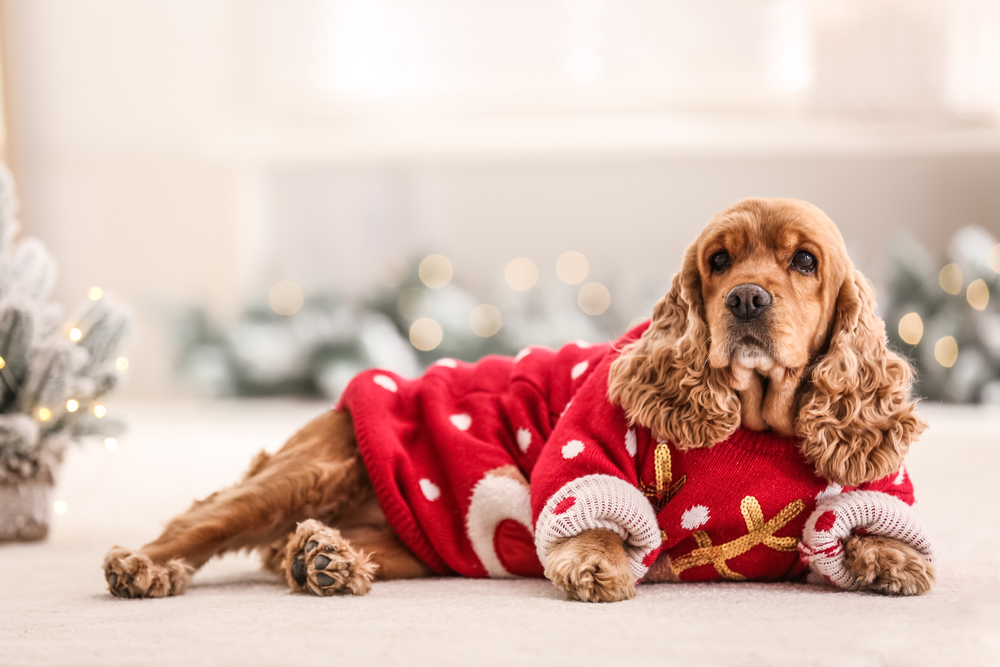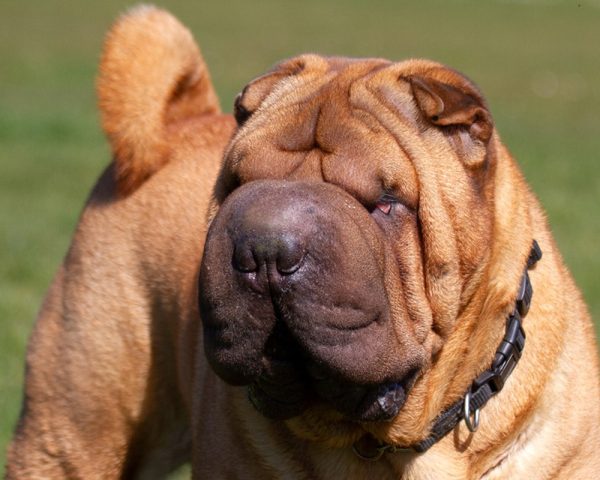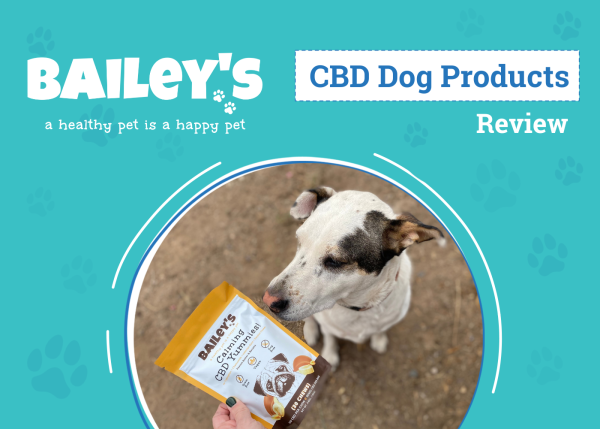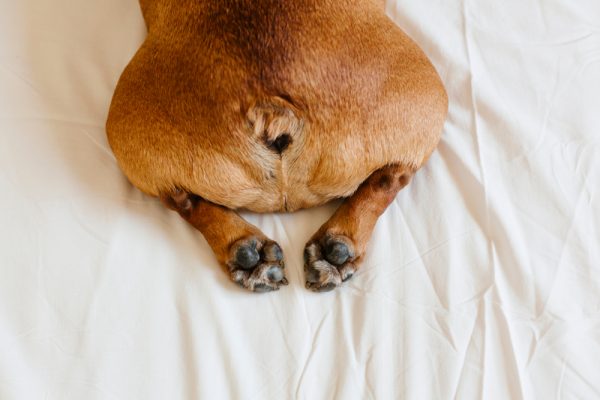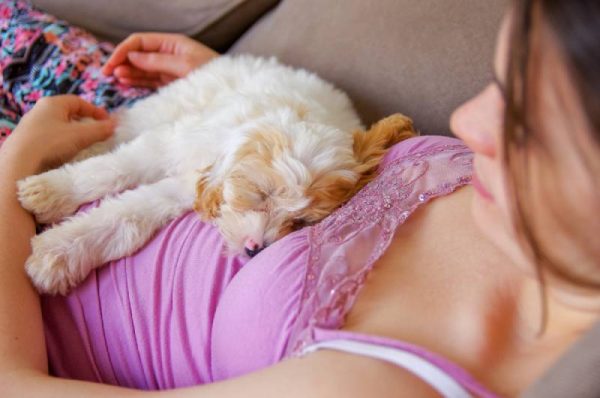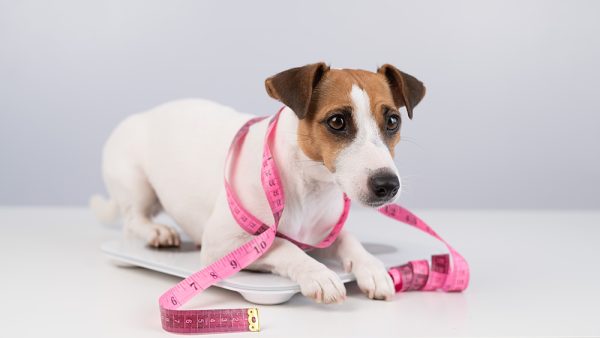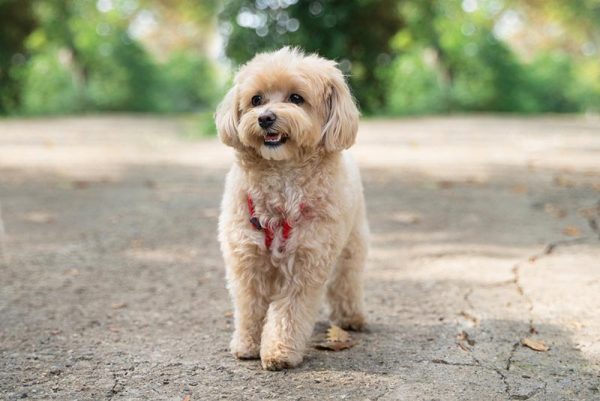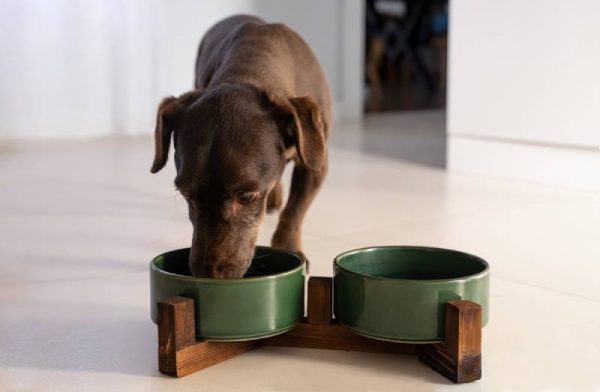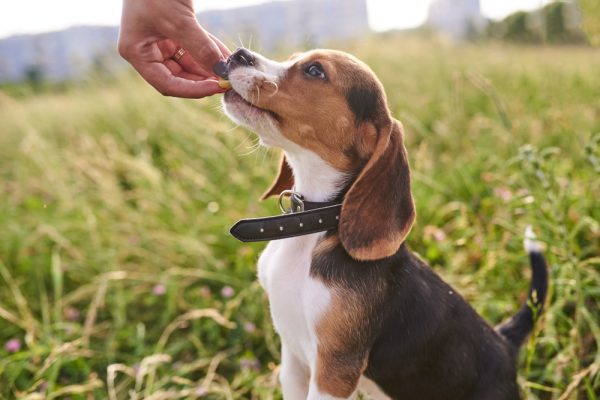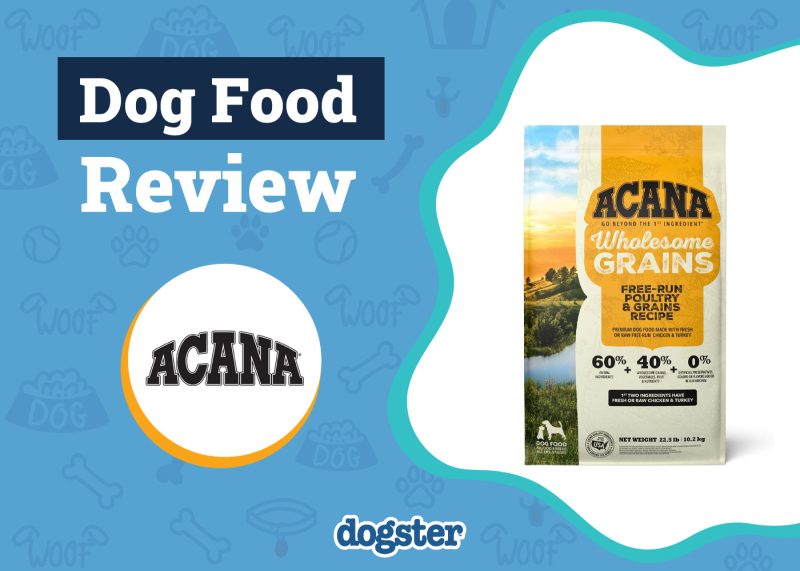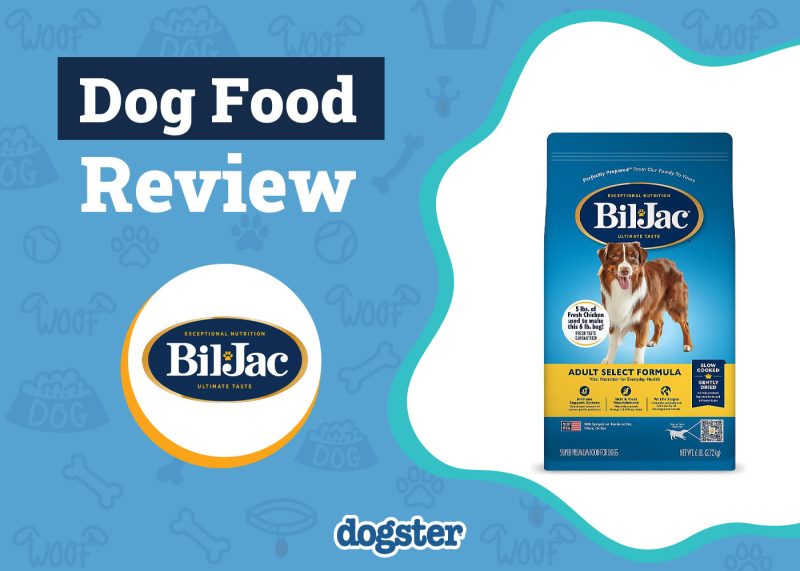In this article
View 3 More +Things can get pretty busy around the holidays. The home environment starts to change as decorations start to come up and family starts to come over.
It can be quite an interesting time for your dog that has both its positives and negatives. If you are trying to find a way to keep your dog safe during the holidays, we have a few different ways you can incorporate better practices to give your dog a good experience. Let’s get started!

Top 5 Holiday Safety Tips for Dogs
1. Be Mindful of Table Scraps
Table scraps can be very damaging to our dogs. They can get into all sorts of stuff over the holidays that can cause toxicity, bowel obstructions, and a world of other problems. So be mindful of the trash during this season and try to keep your dog completely away from table scraps.
They will likely be more interested than usual with all the delicious cooking going on.
- Garlic
- Onion
- Chives
- Leeks
- Chocolate
- Avocado
- Salt
- Xylitol
- Raw meat
- Alcohol
- Fruit seeds
- Grapes
- Caffeine
Even food items that aren’t necessarily toxic can pose risks, like chicken, turkey, or ham bones. While it might be delicious to your pup, it can cause choking hazards and intestinal blockages.
2. Get Creative with Electrical Cords
It’s no secret that our dogs love chewing on anything they can get their mouths on, especially puppies. Since you’re likely to have more electrical cords than usual during the holiday time, it is important to keep the cords away from your dog.
All extra extension cords and festive lights should be where your dog cannot get to them. Some dogs don’t have any interest in these sorts of things, but others definitely do. It’s always best to be safe rather than sorry.
3. Be Smart About Decorations
Electrical cords shouldn’t be your only concern over the holidays. If you are a festive person, you likely have your house decked out with all sorts of decor as soon as autumn starts to hit. While decorations can be extremely aesthetically pleasing to you, it can also be very eye-catching to your dog.
They will likely see all kinds of sparkles, strings, feathers, and other attractive things that captivate their attention. If you have a lot of decorations in their reach, they might chew or accidentally swallow something they shouldn’t. So, keep decorations in rooms that your dog can’t go or high enough that they can’t get to them.
The last thing you’re going to want to go for is an emergency vet visit when you have so much else going on.
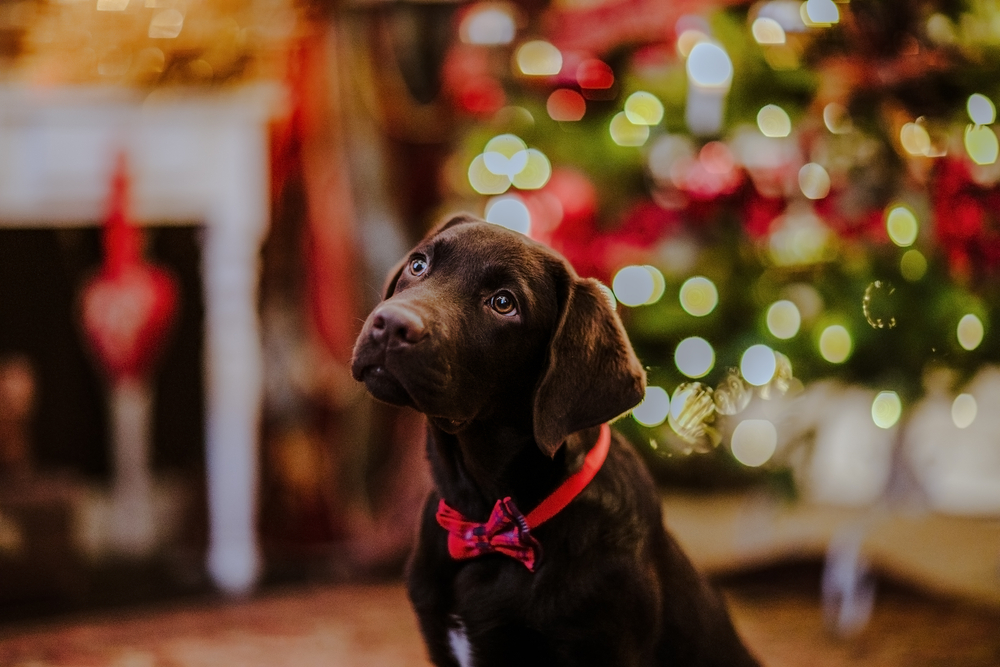
4. Know About Toxic Plants
During certain holidays, it may be customary to get a plant or two to celebrate. For example, during Christmas, many folks get poinsettias as a symbol of the season. However, poinsettias are toxic to your dog, causing salvation, irritation, diarrhea, and all sorts of other gastrointestinal symptoms if ingested. The Christmas cactus, on the other hand, is a safer alternative.
Anytime you bring a new plant into your house, it is worth a quick vet consult to see if it poses any risk to your indoor pets. If so, it is crucial to keep it out of your pet’s reach. Some dogs are very attracted to plants, but many will just leave them alone. It depends on the individual dog. But even if you trust your animal, never leave them unattended in a room with any toxic plant, just in case.
Did you know you can speak to a veterinarian without having to travel? Just head over to PangoVet. It's our online service where you can talk to a vet online and get the advice you need for your pet — all at an affordable price!

5. Get Choosy with Your Doggy Gifts
It’s probably tempting to want to spoil your dog this holiday season. You probably see tons of different snacks and toys targeted at dogs. That doesn’t mean that every toy and snack you see is completely suitable for them, however.
- Antlers: Antlers have great hardiness, but they can splinter or piece apart, causing choking hazards.
- Hooves: Hooves can be incredibly sharp and hard. They can easily crack your dog’s teeth or cut their mouth.
- Rawhides: Depending on the product, rawhides can be chewed and swallowed, potentially creating an intestinal blockage.
- Sugary Treats: Even though your dog might think it’s delicious, they really shouldn’t have sugary treats in excess. A small portion here and there might be okay, but extra sugar in your dog’s diet can contribute to weight gain and other health issues.
- Preservative-filled Treats: Some dogs can be very sensitive to chemicals, preservatives, and food items. Many dog food treats are unhealthy, just like human treats! Be sure to keep any preservative field treats to a minimum and quickly sweep the ingredients to avoid allergens.

A Look at Top Holiday Season Vet Visits
There are certain issues that tend to peak more during the holidays than other seasons, so staying informed is important.
- Gastritis
- Enteritis
- Colitis
- Pancreatitis
- Foreign body ingestion
- Hemorrhagic gastroenteritis
- Gastric surgery
- Intestinal surgery
- Chocolate toxicity

The 5 Tips on How to Include Your Dog This Holiday
You might be looking for ways to include your dogs on holidays. No matter if you are celebrating Halloween, Thanksgiving, or any December holiday, there are ways that you can make your dogs feel like they are part of the festivities.
1. Get Your Dog a New Collar
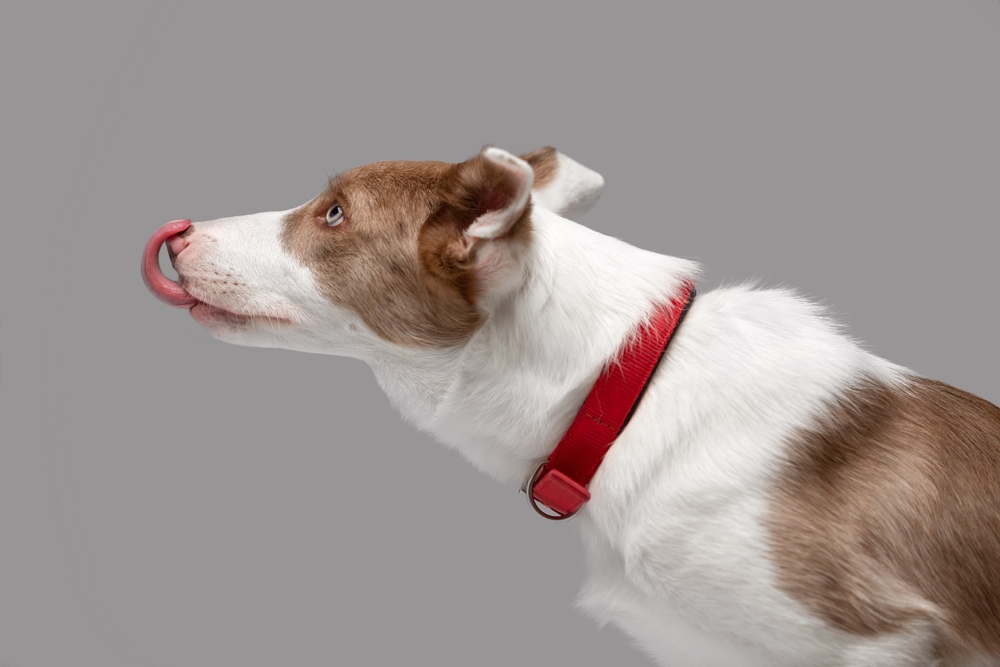
There’s a collar for every season and holiday, so if you want to make your dog a little more festive, a new collar might be in store. Just make sure you get one that fits properly, has identification on it, and doesn’t have any ribbons, strings, or bells that could be chewed and swallowed.
2. Buy Your Dog Yummy Snacks
You can find plenty of healthy, scrumptious treats for your dog this holiday season. You just have to be very careful about certain ingredients and make sure that you’re always feeding any extra food items in moderation.
In an attempt to create the best possible diet plan for a dog, different companies have developed numerous different types of snacks to cater to any dietary need.
Also, it’s a great time to take to the kitchen and do a few baked goods by yourself. If you look up homemade dog treats, you’re sure to find an endless supply of recipes, with baking instructions ranging from extremely simple to advanced. Run the recipes by a vet first to make sure all ingredients are safe.
3. Include Your Dog on the Christmas Card

Have you thought about sending out Christmas cards this year? You could have a little photo shoot, including your dog alongside the family. This way, when you go to send out your holiday greetings to friends and loved ones, your pet can be part of the picture.
After all, dogs are integrated into the very fabric of the family. It only makes sense that you would include them in family events.
4. Take a Family Photoshoot
On the note of photo shoots, you could take a ridiculous photo shoot with your dog and family. You could use this as an opportunity to get very creative, creating all kinds of comical images of you, your family, and your dog.
There are tons of ideas on sites like Pinterest, or you can make up some of your own. Everybody on your social media is sure to eat it up.
5. Go See Light Attractions

If your dog has a taste for adventure, you can always take them to go see any light attractions that might be going on. During the winter holidays, there are always tons of light attractions that you can either drive your car through or walk through.
This could be a great opportunity to take your dog to see all of the sights and smell the smells. It’ll be fun for the whole family and your dog will get to have a new experience under their belt.
Keep in mind that lights might be distracting, scary, or even seizure-evoking to some dogs. It is important to understand your particular canine so you don’t overwhelm them during these events.

Other Careful Considerations for Holidays
While there are plenty of ways to have a good time with your dog this holiday season, there are things to consider as well. It can be an extremely fun time for a canine, but it can also be a time of great stress and anxiety for others.
Scary, Loud Noises

Have you ever seen your dog during a thunderstorm? If so, you can likely already answer the question as to how they respond to loud noise. Most dogs duck for cover, show signs of extreme anxiety, hide underneath beds, you name it. If you know that your dog is sensitive to noise, keep them away from certain events and activities that you know might be terrifying.
If it is Halloween, keep them away from haunted houses; jumping out and scaring them might evoke fear, aggression, or a number of other bad reactions. Use your best judgment and only expose your dog to events you think would excite them, not terrify them.
Extra Company or Commotion
If you have a big family or friend base, you might have people coming and going all through the holidays. Some family members might fly in to stay and friends may crash over after a holiday party. Your dog should be used to socializing with strangers and friends alike.
However, some of them get very overwhelmed and have a hard time dealing with a lot of extra commotion. So always make sure to make your holiday plans around what your dog is comfortable with, if you can.

Conclusion
Your dog can have so much fun this holiday season celebrating with the whole family. There’s no reason why they can’t be included in all of your festivities, permitting you are ensuring their safety. Since it can be quite chaotic over the holidays, it’s easy to leave decorations in their reach or leave the house without realizing they can get into the trash.
However, there are plenty of holiday related accidents, illnesses, and other trouble they can encounter over the season. So always be sure to be mindful and keep a close watch on your four-legged friend.
See also:
Featured Image Credit: New Africa, Shutterstock
